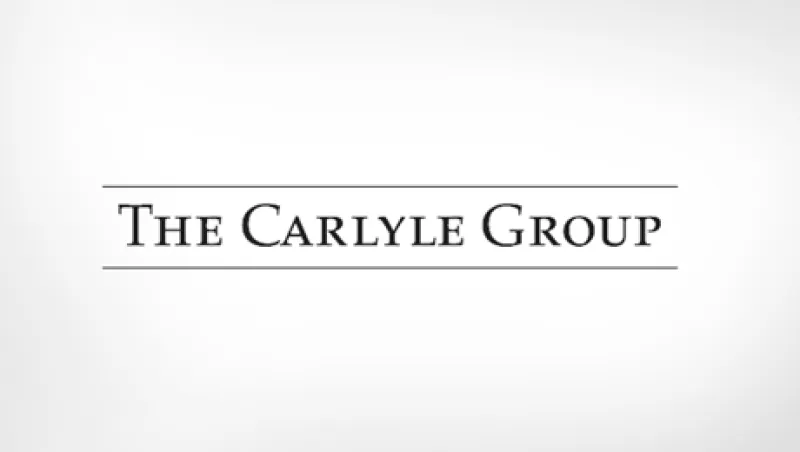
Economy Be Damned: Carlyle Group is Going Public
The economy has not been conducive to IPOs lately, let alone IPOs for alternative investment firms. But the decision by Carlyle to file its S-1 form last month makes sense - at least for long-term succession planning.
Imogen Rose-Smith
October 10, 2011


